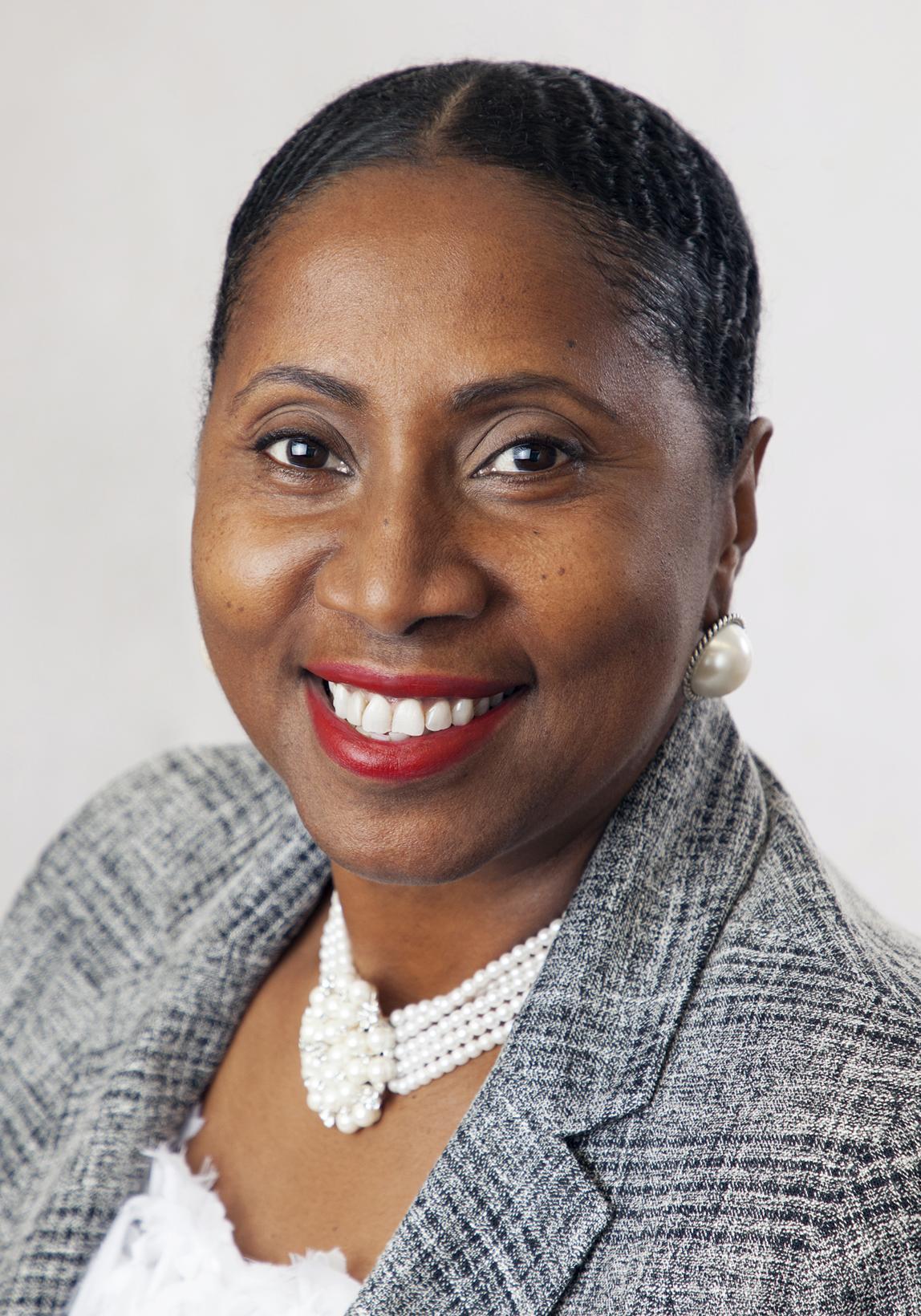No matter what role Rosemarie Sinclair has embraced as an educator, she has always been an enthusiast. Even in her daily greetings to her colleagues and staff, there is a note of enthusiasm that can take their breath away. In her current role as first vice president for the Council of School Supervisors & Administrators (CSA), AFSA, Local 1, her attitude and temperament have been especially valuable because her portfolio is so challenging. She is responsible for special education, early childhood education, citywide alternate schools and programs, and school safety. She enjoys every bit of it, and embraces her overall role as a union leader.
“The most gratifying thing about union work for me is that it’s all about helping our members in every fashion possible,” she says. “We help with training, guiding, professionally developing, paying for university careers and keeping everyone informed. Our work is about everything!”
Rosemarie’s natural buoyancy has been a tremendous asset during the global pandemic year. In the early stages, no place in the country was hit as hard as New York City. The town was flooded with fear and death, and the school system was caught unaware and forced to improvise. If anyone at the union was the point person on this, it was Rosemarie Sinclair. Working hand in hand with School Safety and School Facilities, she dealt with the minutiae of personal protective equipment, school ventilation, random testing, and contact tracing and school closures. She knew that enthusiasm was only the starting point, and she tried to balance optimism with hands-on attention to practical details and accountability measures.
“The pandemic has made things extremely busy,” she says. “There are times when the Situation Room has to be better coordinated.”
As she explains it, the Situation Room is “the one-stop shop,” where the Department of Education, the Department of Testing and Tracing, and the Department of Mental Health and Hygiene attempt to work together to support schools and centers by providing essential assistance needed for a potential case of COVID-19.
Born in Jamaica, West Indies, and raised in Brooklyn, where she has lived ever since, Rosemarie was educated in the New York City public schools and received her BA in accounting and business practice from Baruch College. Her late parents Donohue and Sybil Sinclair remain the greatest overall influences of her life. And in her career, her eldest sister Janasee has been her greatest inspiration. Janasee retired as a principal two years ago. Rosemarie is extremely close to her and their sister Sharon, also an educator. “We love being around each other.”
Before she became a teacher, she considered many careers and worked as a bookkeeper. She intended to be a math teacher and ended out being a science teacher. Then she earned a master’s and post-master’s degree from Brooklyn College and rapidly rose through the ranks of assistant principal and principal and then became a grants manager for the Department of Education. As grants manager, she was able to infuse millions of dollars into her districts, an achievement of which she is particularly proud. She is also proud of being president of CSA’s Black Caucus. She has won the Beacon of Hope Award and the Harriet Tubman Award and been named Principal of the Year.
Way back, as a teacher, Rosemarie recalls, “My greatest challenge was striving to motivate students, especially the ones who came from situations where education wasn’t embraced as a path to future fulfillment and success.” She cherishes the role of motivator and has gladly played that role for women in her profession who have come to her for advice over the years.
From where she stands now, she sees that while the past school year has challenged everyone, the challenge to women has often been overwhelming.
“I see that so directly in our administrators as well as our early childhood educators who have to make sure that their own children at home are covered,” she says. “They’re helping to run a building, and suddenly their own child’s school closes down. How do they navigate their own children in a blended learning situation when they, too, have to go to their schools or centers that are full of children, and look after them? It can be exasperating. If you’re a single mom, it is particularly hard, even though it is hard on men, too.”
Now, as she crosses her fingers in hopes for a full fall reopening for New York’s public schools, she says, “There is always something to be concerned about, and we’re still working every day to make things better. Our first responsibility at CSA has always been to keep the principals informed in a streamlined way, so they can inform families and community about what’s coming next. Even in September, ensuring safety will be a big challenge. Special ed will continue to need a lot of attention in this situation. So much has to be fine-tuned.”

